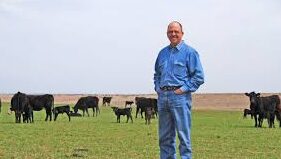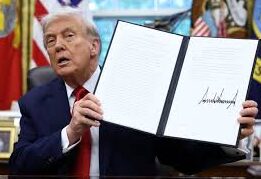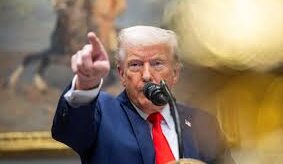The UK is on track to have the loftiest affectation rate among the G7 nations this time, according to a new report from the Organisation for Economic Co-operation and Development( OECD).
The OECD raised its cast for UK affectation to 3.5 percent for 2025, condemning advanced food costs. That’s up from its former estimate of 3.1 percent. Affectation is anticipated to fall to 2.7 percent in 2026 but would still be the alternate loftiest in the G7.
The group also nudged up its UK growth cast for this time to 1.4 percent. still, it expects the frugality to decelerate to 1 percent in 2026, unchanged from its earlier vaccination.
The report lands as Chancellor Rachel Reeves prepares November’s Budget. She’s under pressure to either raise levies or cut spending to stick to her borrowing rules. Judges believe she may need to raise between£ 20 billion and£ 30 billion to stay within her limits.
Reeves said the OECD figures show the UK frugality is “ stronger than cast, ” pointing to Britain’s fastest G7 growth in the first half of the time. But she added that further work was demanded to “ make an frugality that works for working people. ”
Opposition politicians slammed the numbers. Shadow chancellor Sir Mel Stride said the OECD report “ confirms what hard- working families formerly feel, ” incriminating Labour of creating a “ high duty, high affectation, low growth ” terrain.
The OECD advised that the UK’s retardation will be driven by tighter financial programs, advanced trade costs and ongoing query.
The rearmost sanctioned data showed UK affectation at 3.8 percent in August, pushed up by rising food prices. numerous businesses say advanced National Insurance costs and an increased minimum pay envelope are also feeding into prices, which are also passed on to shoppers. The Bank of England’s target is 2 percent, but it expects affectation to hit 4 percent before easing. Last week the Bank kept interest rates unchanged and advised the country was “ not out of the forestland yet. ”
Encyclopedic ally, the OECD raised its 2025 growth cast to 3.2 percent from 2.9 percent, citing adaptability in the first half of the time. In the US, growth has been boosted by heavy investment in tech sectors like artificial intelligence. The OECD now predicts US growth of 1.8 percent this time, over from 1.6 percent.
But it advised growth will decelerate sprucely in the alternate half of the time as new tariffs suck US tariff rates have surged to 19.5 percent, the loftiest since 1933, after President Donald Trump assessed impositions on goods from nearly all trading mates.
OECD principal economist Alvaro Pereira told the BBC it was “ absolutely essential ” for countries to lower trade walls, saying open requests are crucial to lifting people out of poverty and boosting invention.
Trump has argued that import levies will strengthen US manufacturing and cover jobs. Economists fight that they will raise prices for American consumers. The OECD said the full impact of the tariffs is still unfolding but is formerly visible in spending habits, labour requests and prices.
“ Growth is anticipated to soften noticeably in the alternate half of this time, ” the OECD advised, as companies acclimate to advanced tariffs and slower trade.






